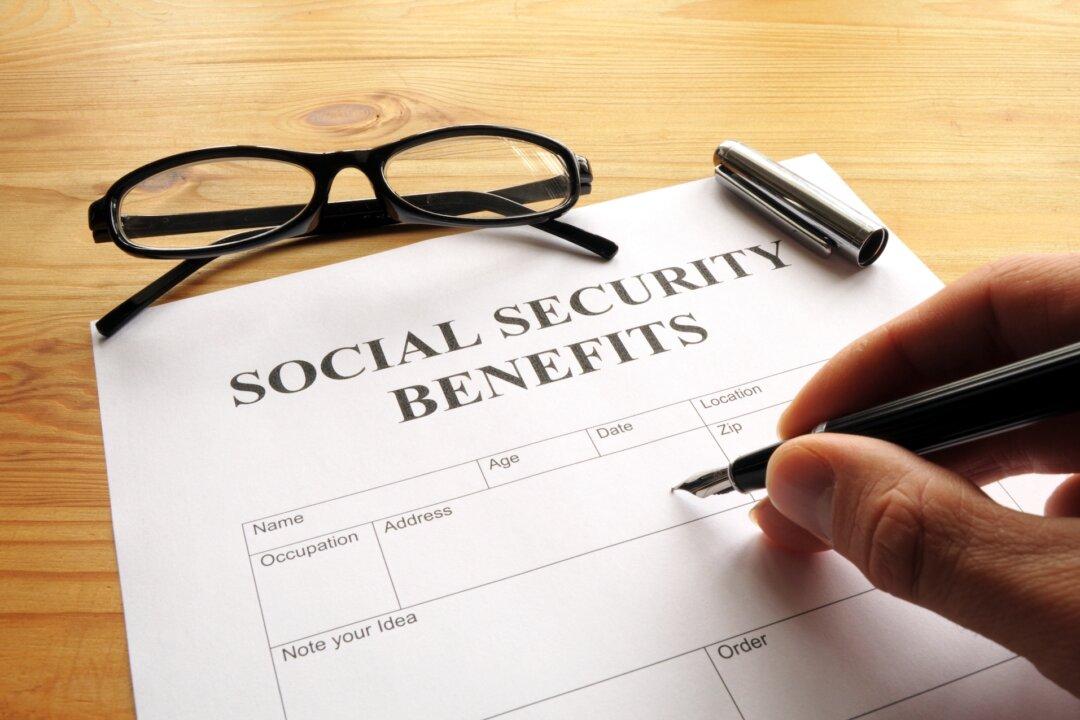I have been saving up some emails from readers who want to know how other government benefits might affect their eligibility for Social Security, or vice versa. In other words, they wonder if their Social Security benefits impact whatever other government benefits they might be due.
I can always deal with that first issue. In other words, I can tell you what happens to Social Security if you get another government benefit. On the other hand, I usually can’t tell you what might happen to your other benefit when you get Social Security. For that answer, you'd have to talk to someone at the agency that manages whatever other government benefit you are talking about.






